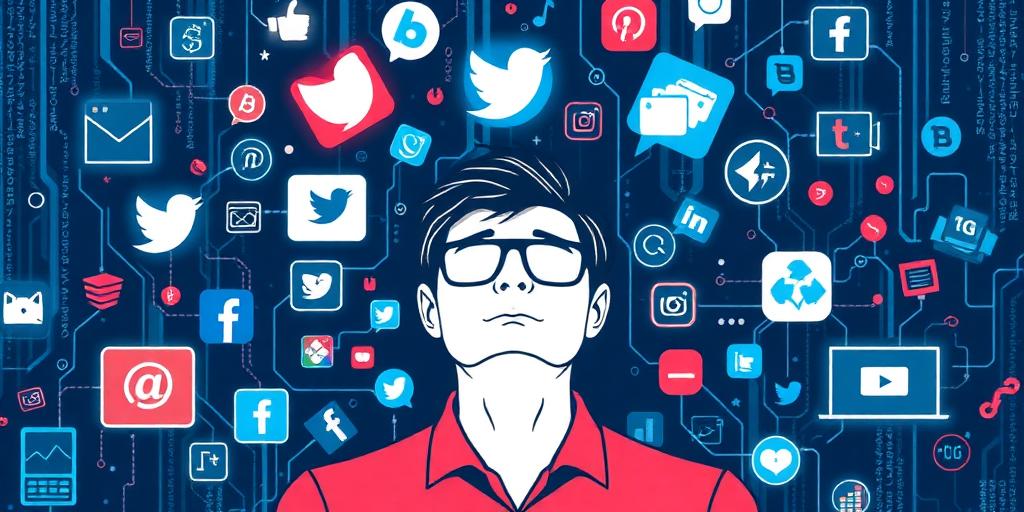The Attention Economy: How Platforms Engineer Addiction for Data
In today's digital landscape, our attention has become a valuable commodity. Platforms across the internet are vying for our focus, employing sophisticated techniques to capture and retain our attention. This phenomenon, known as the "attention economy," has profound implications for individuals and society as a whole.
What is the Attention Economy?
The attention economy is an economic system where human attention is treated as a scarce resource. In an era of information overload, where content is abundant and easily accessible, the real bottleneck lies in our limited capacity to process it. Platforms, such as social media networks, streaming services, and online games, compete fiercely to attract and maintain our attention, as it directly translates to revenue through advertising, data collection, and subscriptions.
The Engineering of Addiction
Platforms employ a range of strategies, often rooted in behavioral psychology, to engineer addictive experiences. These techniques are designed to keep users engaged and returning for more:
- Variable Rewards: Social media platforms utilize algorithms that provide unpredictable rewards in the form of likes, comments, and shares. This creates a dopamine feedback loop, similar to gambling, where users keep checking back in anticipation of the next reward.
- Endless Scrolling: The infinite scroll feature ensures that there is always new content to consume, eliminating any natural stopping points and encouraging users to spend more time on the platform.
- Push Notifications: These instant alerts constantly interrupt our daily lives, drawing our attention back to the platform with updates, messages, and personalized content suggestions.
- Personalized Content: Algorithms analyze user data to curate content feeds that cater to individual preferences and interests, making it increasingly difficult to disengage.
The Data Connection
At the heart of the attention economy lies data. Platforms collect vast amounts of user data, including browsing history, location information, and demographic details. This data is used to refine algorithms, personalize content, and target advertising with greater precision. The more time we spend on these platforms, the more data they collect, further fueling the cycle of addiction and data extraction.
Implications and Consequences
The attention economy has far-reaching consequences:
- Reduced Attention Spans: Constant distractions and multitasking can impair our ability to focus and concentrate, leading to reduced attention spans.
- Increased Anxiety and Depression: Social comparison on social media platforms can trigger feelings of inadequacy, leading to increased anxiety and depression.
- Misinformation and Polarization: Algorithms can create echo chambers where users are primarily exposed to information that confirms their existing beliefs, contributing to political polarization and the spread of misinformation.
- Privacy Concerns: The collection and use of personal data raise serious privacy concerns, as it can be used for manipulation, discrimination, and surveillance.
Navigating the Attention Economy
It is crucial to be aware of the tactics employed by platforms and take steps to protect our attention and well-being:
- Mindful Usage: Be conscious of how much time you spend on each platform and set limits accordingly.
- Turn Off Notifications: Reduce distractions by disabling non-essential push notifications.
- Curate Your Feed: Unfollow accounts or block content that is negative or triggering.
- Seek Real-World Connections: Prioritize in-person interactions and activities that foster meaningful relationships.
- Support Privacy-Focused Platforms: Explore and support platforms that prioritize user privacy and ethical data practices.
Conclusion
The attention economy is a complex and evolving phenomenon that requires critical awareness and conscious action. By understanding the mechanisms through which platforms capture our attention and the potential consequences, we can take steps to regain control and protect our mental health, privacy, and overall well-being. It's time to reclaim our attention and use technology in a way that empowers us, rather than exploits us.









